The world's forests store billions of tons of CO2 per year and are the cradle of biodiversity: protecting forests therefore plays a key role in climate protection.
Federal Foreign Minister Annalena Baerbock and Federal Labour Minister Hubertus Heil are in the middle of the hot, damp, lush green Brazilian rainforest. Sitting on plastic chairs that are sinking into the wet soil, they are talking with women from a cocoa cooperative near the city of Belem in the north of the country. The women talk about their production methods:
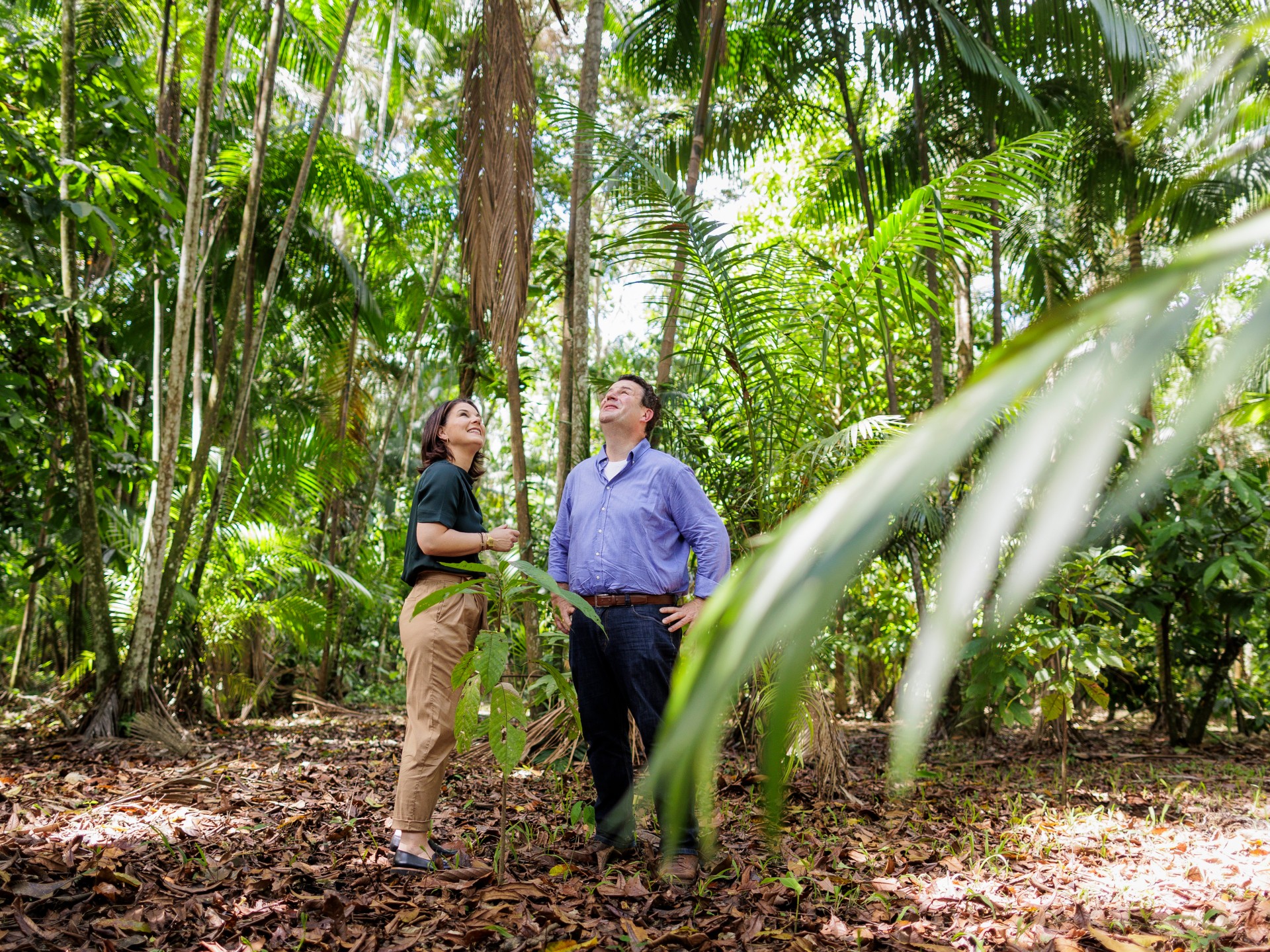
Local Date
The two Federal Ministers Annalena Baerbock and Hubertus Heil will get their own impression of the importance of the rainforest during a visit to a project in Brazil in June 2023.
they only grow as much cocoa as the forest can tolerate without suffering damage. The preservation of forests is also the focus of another stop on the politicians' travels: at the Ebata Produtos Florestais plant, also in Belem. The company processes and exports timber from the Amazon region. The origins of this timber can be traced, and it comes from sustainably managed, controlled national forests within the country. This is a project that KfW is promoting on behalf of the German Federal Government because it is helping to bolster the environmentally-friendly and legal tropical timber export business.
Federal Foreign Minister Annalena Baerbock and Federal Labour Minister Hubertus Heil want the Brazilian timber trade to become sustainable as soon as possible, and Germany wants to support Brazil as it works towards this goal. “Brazil is going to play an essential role in the reduction of global greenhouse gas emissions,” stresses Annalena Baerbock. If tropical forests continue to be cut down, international climate targets cannot be met.
CO2 storage
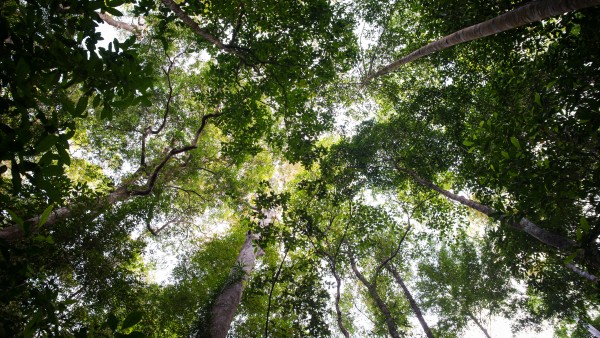
"Lungs of the world"
Forests provide sufficient oxygen, regulate water cycles, promote cloud formation and productive agriculture,
The Amazon rainforest alone stores billions of tonnes of CO2 per year. If it were to disappear completely from the Earth, the amount of greenhouse gases this would leave in the atmosphere would be the equivalent of currently 140 years of carbon emissions produced by humans. This figure illustrates why forests are so important in the fight against higher earth temperatures. They form natural sinks, also known as nature-based solutions, and are a way of storing CO2 without people having to do anything at all.
In addition to their mitigating effect on climate-damaging gases, forests also have a long list of other positive characteristics: they are home to countless, including endangered species; they are the lungs of the Earth, providing the world with sufficient oxygen; they regulate water cycles; they help cloud formation and thus foster soil fertility for agriculture; they store drinking water; they protect against erosion; they reduce the ferocity of storms and they produce valuable natural resources, food and medicines. Therefore, the conservation and restoration of forests is considered an important goal of the international community. Germany has been promoting forestry programmes for around 25 years, currently with around EUR 3 billion through KfW Development Bank alone.
These include forest conservation areas in Madagascar and Namibia, projects for sustainable forest management in Vietnam and forest restoration in various African countries, as well as the REDD programmes in countries such as Colombia, which receive money for proven successes in the fight against deforestation. They also include deforestation-free supply chains, in which forests are not cut down to make way for new agricultural land. Rather, agriculture is in harmony with the forest. Forest conservation can only be sustainably enforced if it pays off for people. Otherwise, sooner or later – legally or illegally – they will go back to overexploiting resources simply to survive. That is why people are always the focus of all KfW projects.
In addition to Brazil, Indonesia is another country that boasts vast rainforests. KfW is also carrying out various forest projects here, including one around the Gunung Leuser National Park. Here, neighbouring municipalities receive annual grants for environmentally-friendly investments when they sign protection agreements. KfW also provides support for community forests that belong to an entire municipality and are shared for sustainable use. In Indonesia, the efforts the country has made in consultation with international partners such as KfW are now bearing fruit: deforestation has been declining for years and is now roughly back to where it was 20 years ago.
How transformation succeds in Indonesia
(Source: KfW/ Christian Chua / Thomas Schuch)
KfW promotes forest protection worldwide
Unfortunately, the same cannot be said of the forests in Brazil. The Amazon rainforest has not been unaffected by the Bolsonaro years. During his term of office, deforestation reached new record highs. Things are set to change with President Lula da Silva. This is why Germany has resumed its payments to the world’s largest forest protection fund, the Amazon Fund – they had been suspended previously. Payments totalling EUR 55 million have been made so far, EUR 35 million of which by KfW.
“We want to contribute financially to stopping deforestation by 2030,” says Federal Foreign Minister Annalena Baerbock, describing what Germany intends to achieve with the financing. A goal that benefits the climate – and therefore the entire world.
Published on KfW Stories on 6 November 2023.
The described project contributes to the following United Nationsʼ Sustainable Development Goals
Goal 10: Reduce inequality within and among countries
In the period between 2007 and 2012, lower-income groups experienced stronger income growth than the higher-income groups in many countries of Asia and Latin America. This is a good indicator that inequality in the world is decreasing because less inequality is an important prerequisite for taking advantage of peoplesʼ economic, scientific and social potential.

All United Nations member states adopted the 2030 Agenda in 2015. At its heart is a list of 17 goals for sustainable development, known as the Sustainable Development Goals (SDGs). Our world should become a place where people are able to live in peace with each other in ways that are ecologically compatible, socially just, and economically effective.

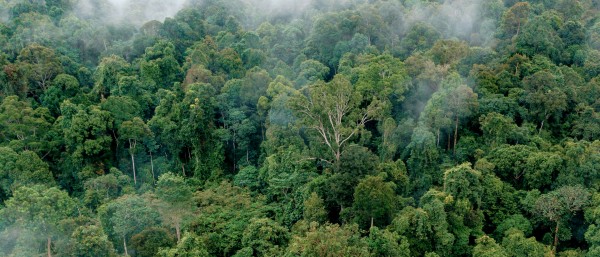
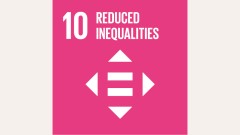
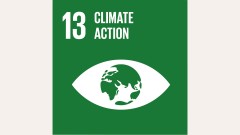
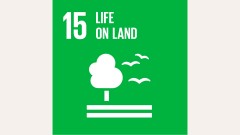

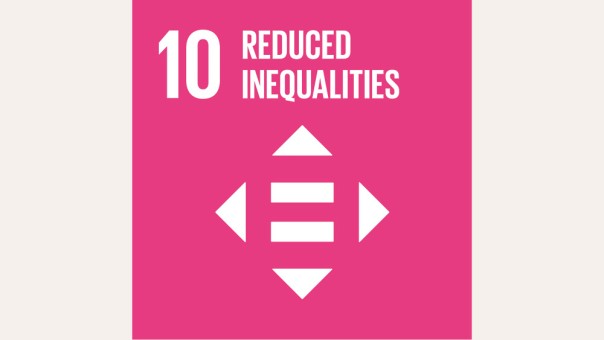
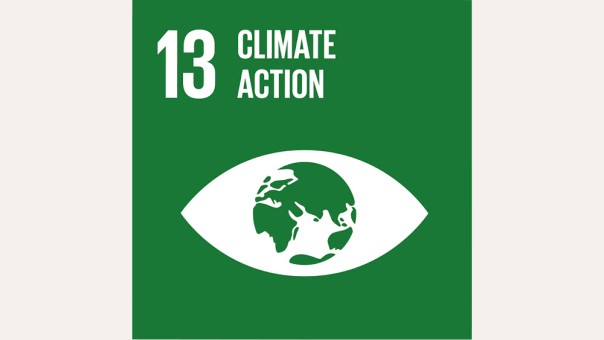
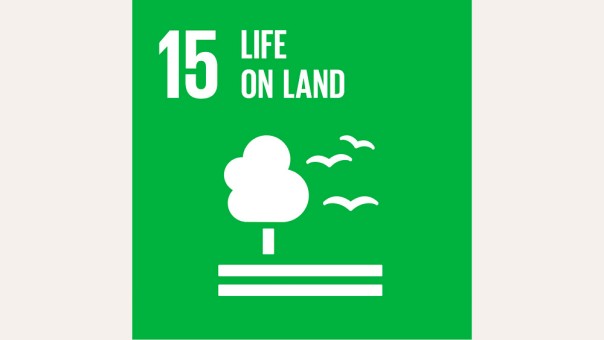




Data protection principles
If you click on one of the following icons, your data will be sent to the corresponding social network.
Privacy information